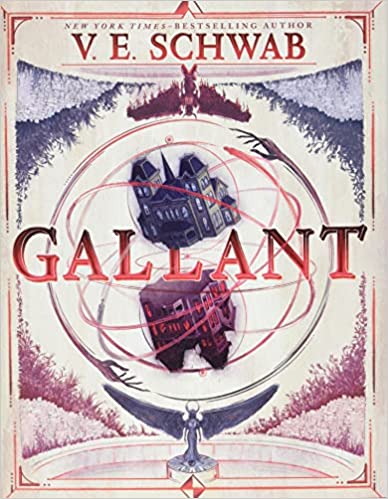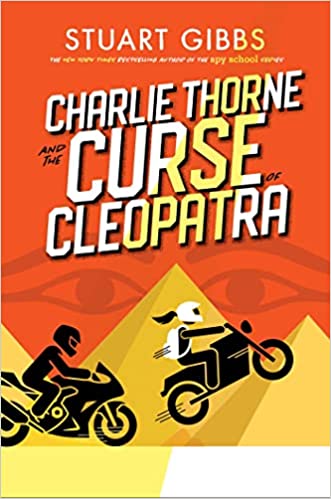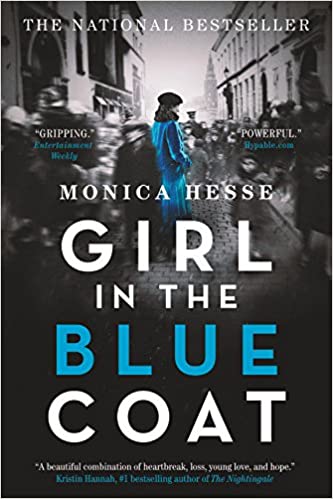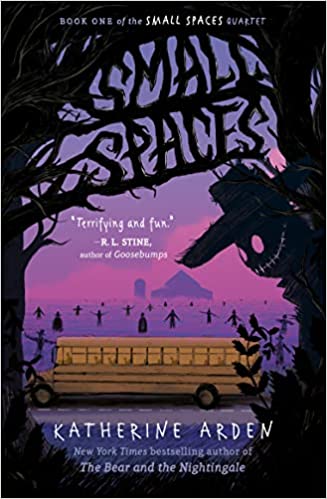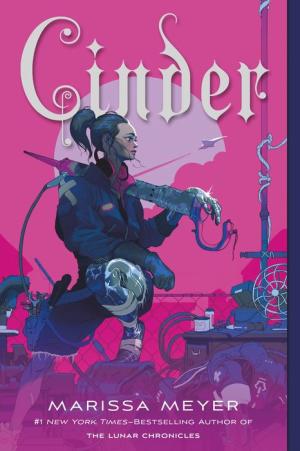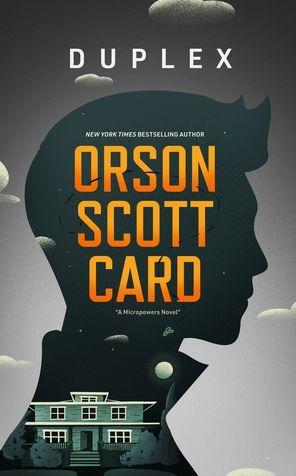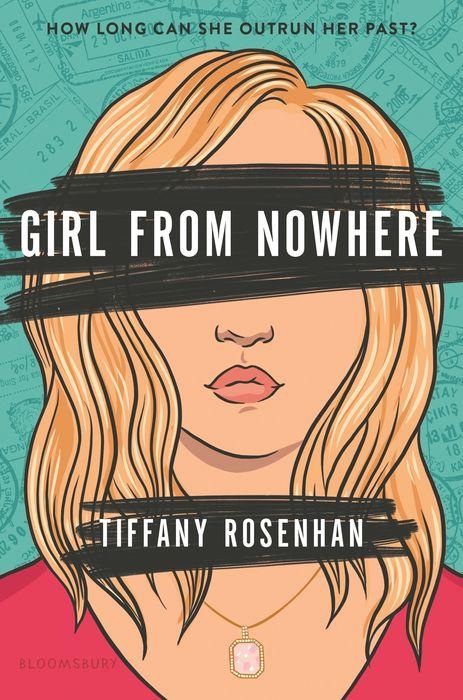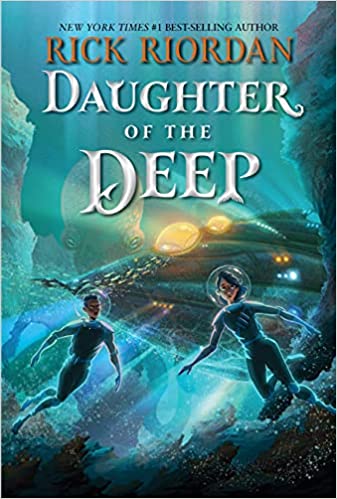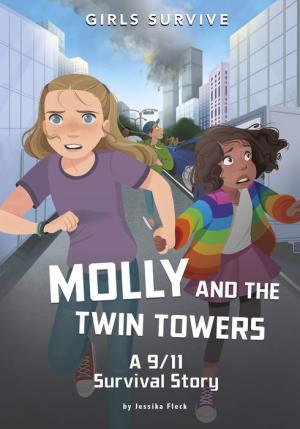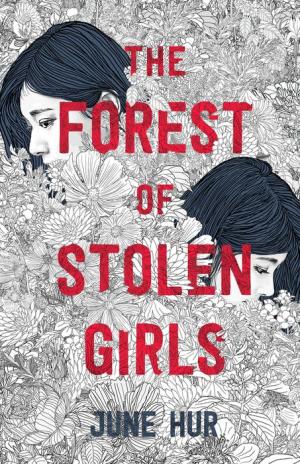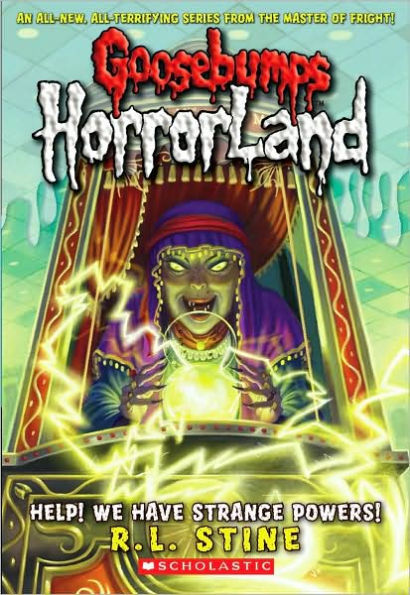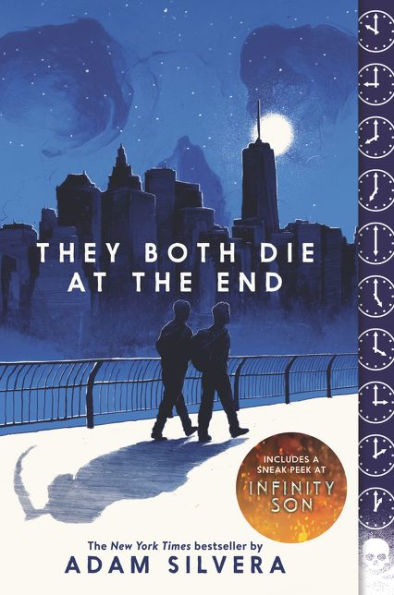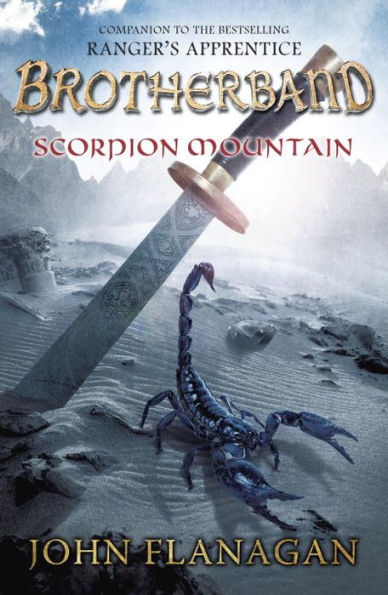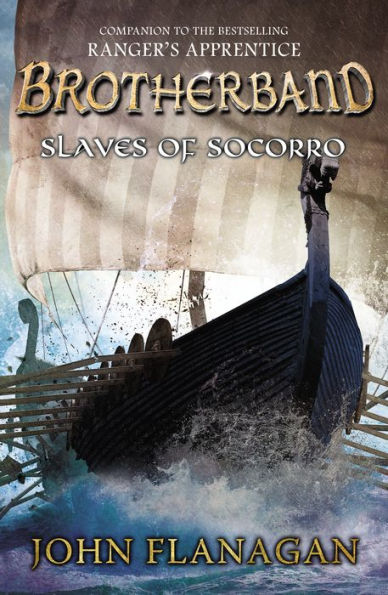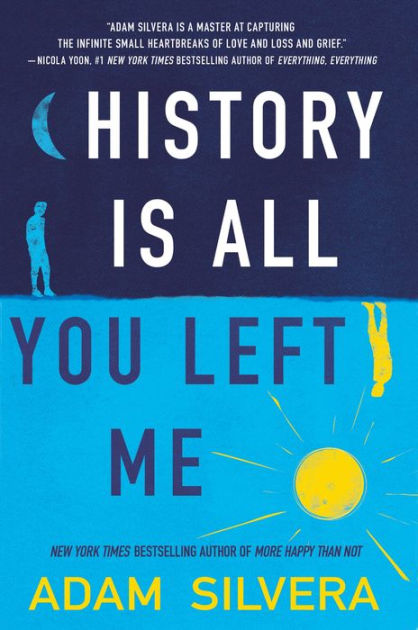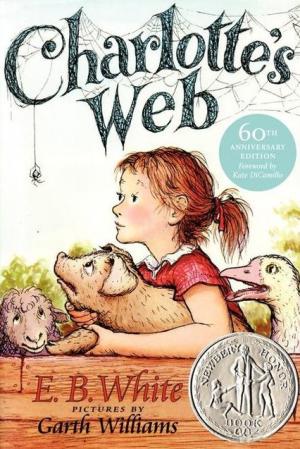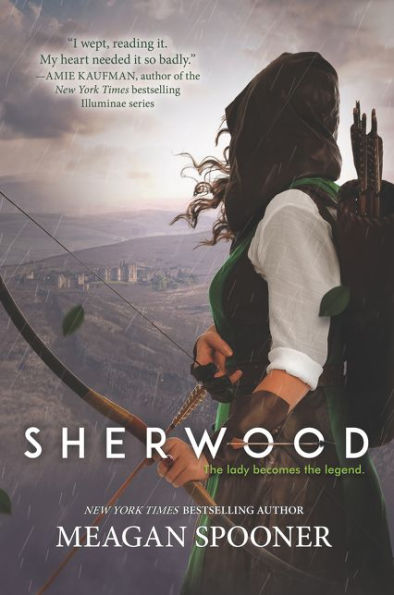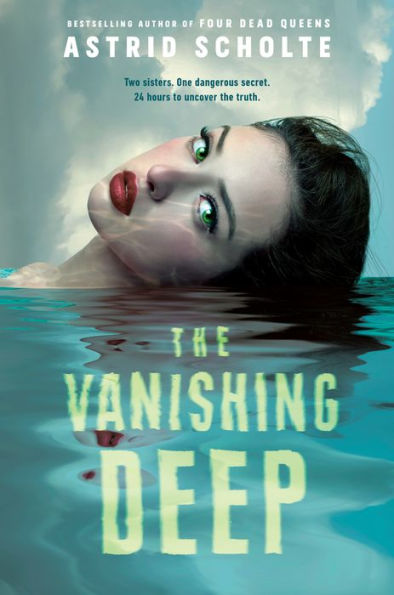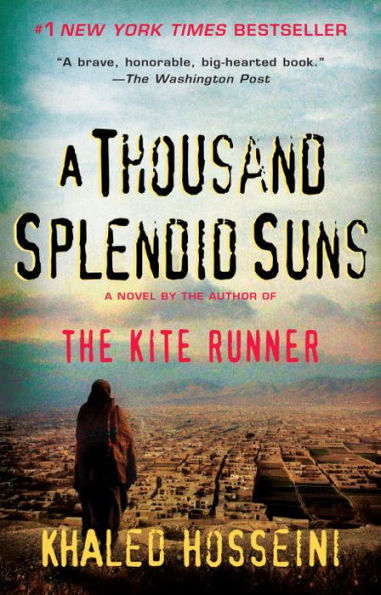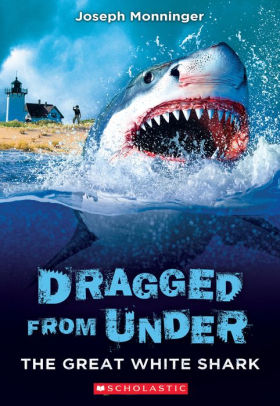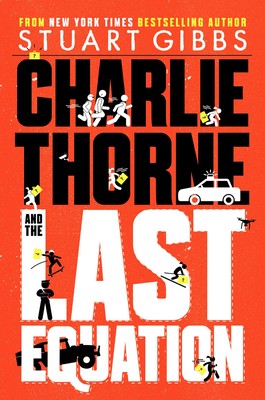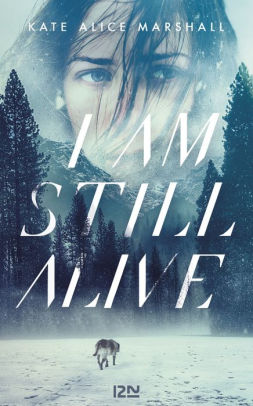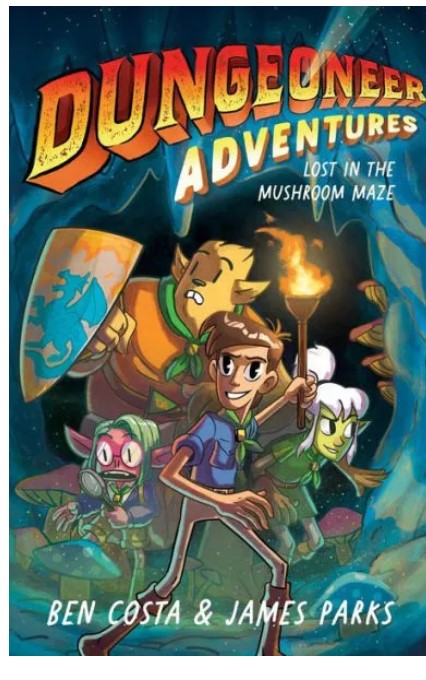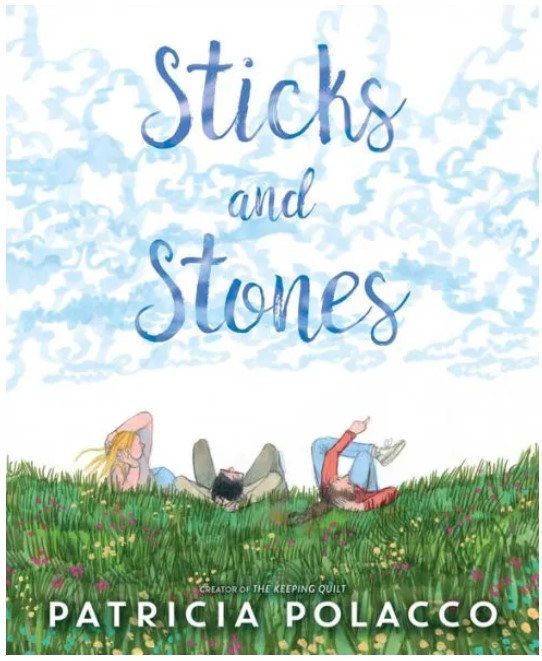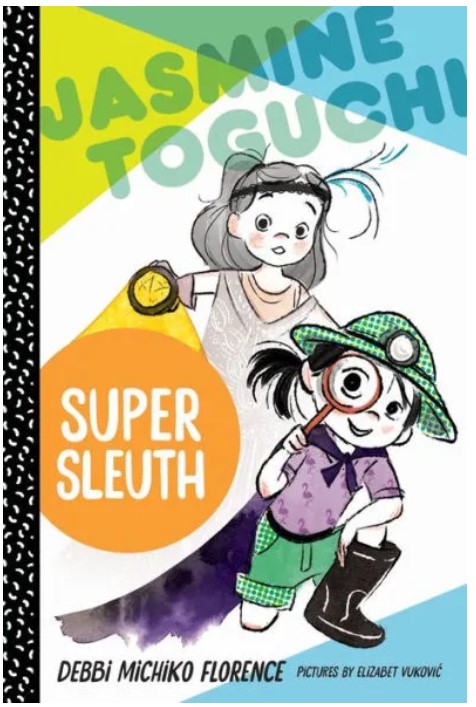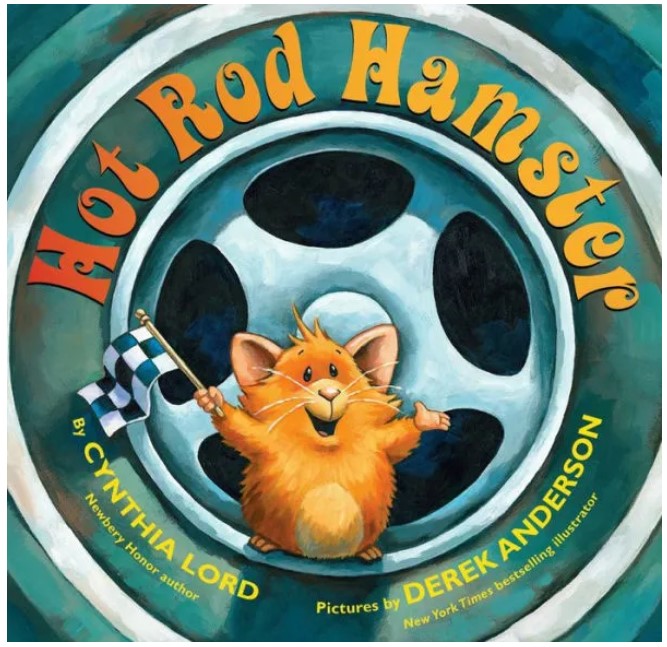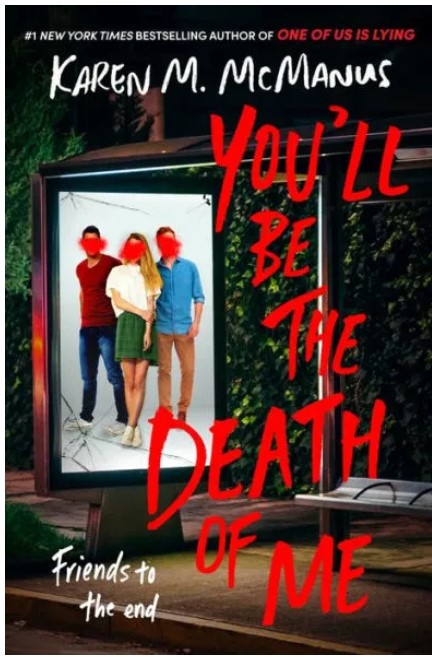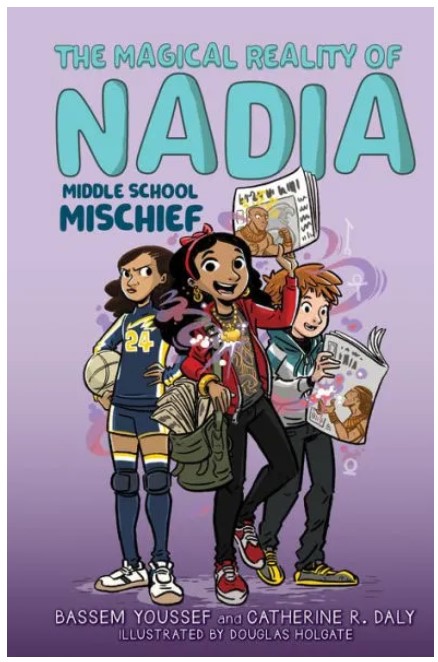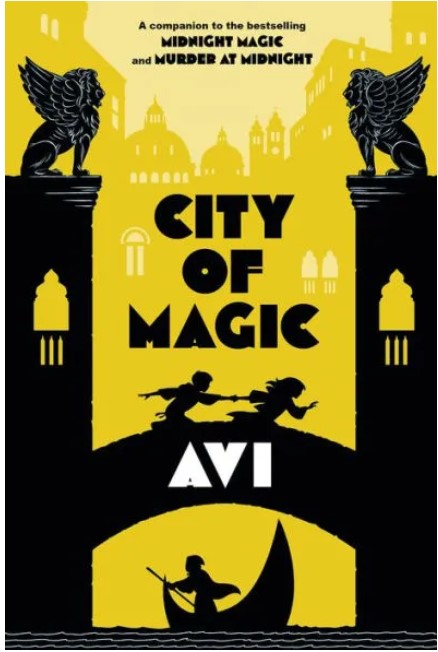Olivia Prior has grown up in Merilance School for Girls, and all she has of her past is her mother’s journal—which seems to unravel into madness. Then, a letter invites Olivia to come home to Gallant. Yet when Olivia arrives, no one is expecting her. But Olivia is not about to leave the first place that feels like home; it doesn’t matter if her cousin Matthew is hostile, or if she sees half-formed ghouls haunting the hallways.
Olivia knows that Gallant is hiding secrets, and she is determined to uncover them. When she crosses a ruined wall at just the right moment, Olivia finds herself in a place that is Gallant—but not. The manor is crumbling, the ghouls are solid, and a mysterious figure rules over all. Now, Olivia sees what has unraveled generations of her family and where her father may have come from.
Olivia has always wanted to belong somewhere, but will she take her place as a Prior, protecting our world against the Master of the House? Or will she take her place beside him?
As a gothic, ghost story Gallant is surprisingly dull and unexciting. While Olivia can see “ghouls” and communicate with them through her thoughts, none of the ghouls she encounters are developed in detail. Instead of being interesting, the ghouls fade into the background and they evoke little emotion. Even though Olivia learns that she can communicate with ghouls, she doesn’t try to initiate a conversation with her dead uncle, who obviously killed himself. She also doesn’t try to communicate with her dead mother, who could answer many of her questions. Because of this, Olivia’s gift is not fully developed or explored.
Olivia is an interesting and unique protagonist, who is non-verbal and communicates only through sign language. This caused her childhood to be lonely and unpleasant. Not only does she have to struggle with being abandoned at Merilance, but she also has to deal with the other children who are cruel, and the matrons who are indifferent. Because of this, Olivia is willing to go to Gallant, even though her mother has warned her to stay away.
While the story has some interesting story threads—what happened to Olivia’s parents, why should she stay away from Galant, why can she see ghouls—none of them are well developed. Even though Olivia encounters the personification of Death, his soldiers, and other ghouls, the story only evokes mild curiosity, contains little suspense, and little scare factor. In addition, the conclusion is lackluster and depressing. In the end, the reader is left wondering why Olivia would stay at Gallant. Readers who are looking for an exciting paranormal story should read Schwab’s other series, The Archived, or The Breathless by Tara Goedjen.
Sexual Content
- Sometimes boys would “linger at the edge of the gravel moat,” trying to get the girls’ attention. One day, Olivia goes to talk to a boy and “he kissed her, she waited to feel whatever her mother had felt for her father the day they met, the spark that lit the fire that burned their whole world down. But she only felt his hand on her waist. His mouth on her mouth. A hollow sadness.”
Violence
- Anabelle, a girl at Merilance, tears pages out of Olivia’s mother’s journal. Olivia “fell on Anabelle, finger wrapped around her throat. Anabelle yelped, and Olivia squeezed until the girl could not speak, could not breathe, and then the matrons were there, pulling them apart.”
- To get back at Anabelle, Olivia “went down into the cellar. . . she managed to fill the jar with beetles, and spiders, and half a dozen silverfish. She added a handful of ash from the head matron’s hearth.” Olivia dumps the content on Anabelle’s head.
- Olivia cannot yell and she wonders if pain could free her voice, so she cuts herself. “The cut was deep. Blood welled and spilled onto the counter, and heat screamed up her arm and through her lungs, but only a short, sharp gasp escaped her throat, more emptiness than sound.”
- In a dream, Olivia witnesses her uncle’s death. “The gun swings up against his temple. . .” then Olivia wakes up.
- While in Death’s world, a ghoul pushes Olivia away. “And then a blade sings through the ghoul’s back, and it staggers, and Olivia knows the ghoul cannot die, knows it is already dead, but the sight of the metal spilling out of its chest, its knees buckling silently to the dirt, still sends a shock of horror through her bones.”
- In order to get out from behind the wall, someone killed Matthew’s brother. “The door on the other side was soaked with blood. There was so much of it. Too much. Someone had painted the door with my brother’s life. Covered every iron inch . . . But that thing slaughtered my brother for nothing. Only a Prior’s blood can open the door, but it has to be willingly given.”
- Olivia goes behind the wall, hoping to find Matthew’s brother. When she sees Death, “Olivia spins, drawing the blade. She doesn’t wait, but twists and drives the knife into his chest.” The knife doesn’t hurt Death.
- Death tries to subdue Olivia, who “fights like a girl set loose on the world with nothing and everything to lose. But it’s not enough. A gauntlet closes over her wrist, flinging her into a plated chest, and the last thing she sees is the gleam of an armored shoulder as the third shadow looms.”
- Olivia takes a piece of bone and “the sliver of bone becomes a beak, becomes a skull, becomes a crow, muscle and skin and feathers.” Olivia tells the crow to attack Death. “Olivia is on her feet, racing toward the door, even as she hears him pluck the bird from the air, the brittle snap of its neck. . .”
- In a multi-chapter conclusion, Olivia and Matthew fight Death. Death captures Olivia. “His embrace tightens until she cannot move, cannot breathe. Her bones groan, and she lets out a stifled gasp.” Matthew comes through the door to help Olivia.
- One of Death’s soldiers goes after Matthew, who “slashes out with his blade, but the wolfish soldier dodges lithely and kicks him in the chest. He collapses to his hands and knees, gasping for breath . . . The soldier lowers the dagger to his throat.”
- One of Death’s soldiers grabs Olivia, “she writhes and tries to breathe, tries to think and time slows down. . . She slams her head back into the soldier.” Olivia is able to free herself and grab one of the soldier’s weapons. “The soldier rears back, but Olivia is already swinging, bringing the sword down a third time, carving deep into his shoulder. The collarbone comes free. . . he is already falling back into dust as the bone hits the grass.”
- In order to save Olivia’s life, Matthew “pushed her out of the way the instant before the sword cut down. Matthew, who leans in the doorway, the blade driven through, the point jutting like a thorn from his back.” Matthew dies.
- When death finds a way into the living world, Edgar “aims at Death a second time and fires, the bullet melting in the air above his floating cloak.”
- Olivia calls on the ghouls, who “close over [Death] like ivy, their edges dissolving into one teeming mass of shadow as they force him back through the garden, back through the open door, back beyond the wall.” Then Olivia seals the door with her blood.
Drugs and Alcohol
- One of the matrons at Merilance hides a bottle of brandy in a drawer.
- In order to help Matthew sleep, Edgar drugs him.
Language
- Damn is used once.
Supernatural
- Olivia can see “ghouls.”
- There is a stone wall at the back of Gallant’s garden. At night, a person can walk around the wall, but they end up in a different world—a world where Death lives. Olivia’s mother once went around the wall and saw Death “with his four shadows and his dozen shades, all silent in the bones of the ruined house.”
- When Olivia crosses the wall, she sees “the shriveled remains of a garden. Withered limbs and wilting blooms, their petals, pale, their leaves devoid of color. . . And there, at the top of the ruined garden, sits another Gallant.”
- In Death’s world, Olivia has the ability to give life. When Olivia picks up a tooth, it “jumps. Shudders like a bee against her palm. . . by the time it hits the ground, it is not a writhing bit of bone, but a mouse.”
- Olivia meets Death. “His skin is not creased, yet here and there it peels away, the polished bone beneath showing through like stone under thinning ivy. And that is how she sees that there are pieces of him missing. . . The joint of one finger. The edge of one cheek. . .”
- Death watches a group of people dancing. Death dances with a woman. And then, “the dancer crumbles against him, her body sagging into ash and he sighs. . . A pale white fragment shines on the wooden floor where the dancer stood . . . then it rises and tucks itself against the tear along his jaw, and she realizes it was a shard of bone.” Then other bones return to Death’s body and flesh regrows over the bones.
- Matthew explains how his family, the Priors made the demon go back beyond the wall. The Priors “put the wall back up. And this time, they soaked it edge to edge in their blood and swore that nothing would ever cross that gate without their blessing.”
Spiritual Content
- At Merilance, Olivia “was told to kneel and knit her fingers and speak to a God she couldn’t see, couldn’t hear, couldn’t touch. . . She never believed in higher powers.” But when she meets death, she prays to the ghouls for help and they come.
